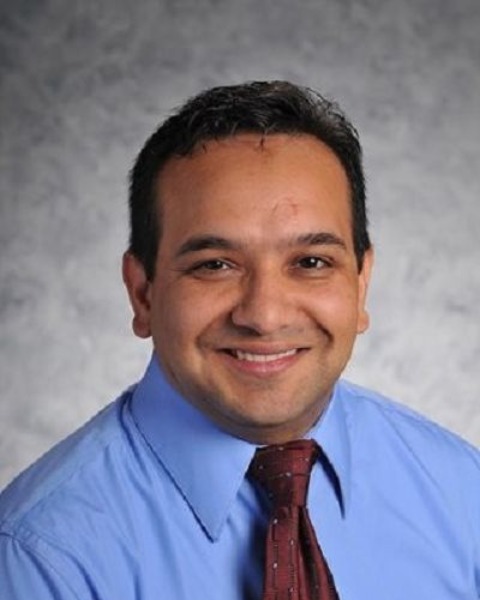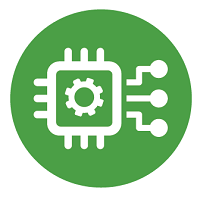Novel Strategies to Advance Biotherapeutic Development
From ASO to mRNA—Oligonucleotide Therapeutics Separation and Characterization Using LC/MS
Wednesday, May 15, 2024
12:15 PM - 1:00 PM PT
Location: Learning Lab, Grand Ballroom AB

Suraj Dhungana, PhD, MBA (he/him/his)
Director, Pharmaceutical and Life Science Market-Americas Market
Waters Corporation
Milford, North Carolina
Partner Presentation Speaker(s)
Sponsored By: 
Description: Recent advancements in nucleic acid-based therapeutics have generated much excitement and have commanded the development of new technologies and analytical workflows to characterize oligonucleotides and related impurities. There is a need for analytical workflows for rapid and sensitive methods for confirming sequence and modification on shorter (20-200 mer) oligos, while analyzing of 5’ cap, sequence confirmation, characterization of heterogeneity of polyA tail is required for mRNA based therapeutics. As with any therapy, analytical characterization including identity, purity and degradation products need to be established for both the drug product (oligo/mRNA) and the delivery system (LNP/AAV). Using ion-pairing reversed phase liquid-chromatography mass spectrometry (LC-MS), we have developed a rapid and sensitive high resolution mass spectrometry method for the analysis of intact single strand oligo analysis as long as 200-mer and confirm the sequence of the oligonucleotide using top-down mass spectrometry. For longer oligonucleotides, such as mRNA a T1 RNase digestion-based approach is use to generate fragments to establish the capping efficiency at 5’ mRNA end, determination of nucleotide sequence, and the characterization of the poly A tail heterogeneity. An extension of this workflow has been used for characterization of known and unknown impurities.
Description: Recent advancements in nucleic acid-based therapeutics have generated much excitement and have commanded the development of new technologies and analytical workflows to characterize oligonucleotides and related impurities. There is a need for analytical workflows for rapid and sensitive methods for confirming sequence and modification on shorter (20-200 mer) oligos, while analyzing of 5’ cap, sequence confirmation, characterization of heterogeneity of polyA tail is required for mRNA based therapeutics. As with any therapy, analytical characterization including identity, purity and degradation products need to be established for both the drug product (oligo/mRNA) and the delivery system (LNP/AAV). Using ion-pairing reversed phase liquid-chromatography mass spectrometry (LC-MS), we have developed a rapid and sensitive high resolution mass spectrometry method for the analysis of intact single strand oligo analysis as long as 200-mer and confirm the sequence of the oligonucleotide using top-down mass spectrometry. For longer oligonucleotides, such as mRNA a T1 RNase digestion-based approach is use to generate fragments to establish the capping efficiency at 5’ mRNA end, determination of nucleotide sequence, and the characterization of the poly A tail heterogeneity. An extension of this workflow has been used for characterization of known and unknown impurities.
Learning Objectives:
- Comprehend ion-pairing reversed phase LC-MS approach for intact single strand oligo analysis (as long as 200-mer) and confirming the sequence using top-down mass spectrometry.
- Recognize the value of T1 RNase digestion-based approach to analyze and sequence longer oligos—sgRNA, mRNA.
- Appreciate the utility of LCMS approaches to establish the capping efficiency at 5’ mRNA end, determination of nucleotide sequence, and the characterization of the polyA tail heterogeneity.
- Understand the use of ion mobility for the separation of isomeric oligo fragments.


